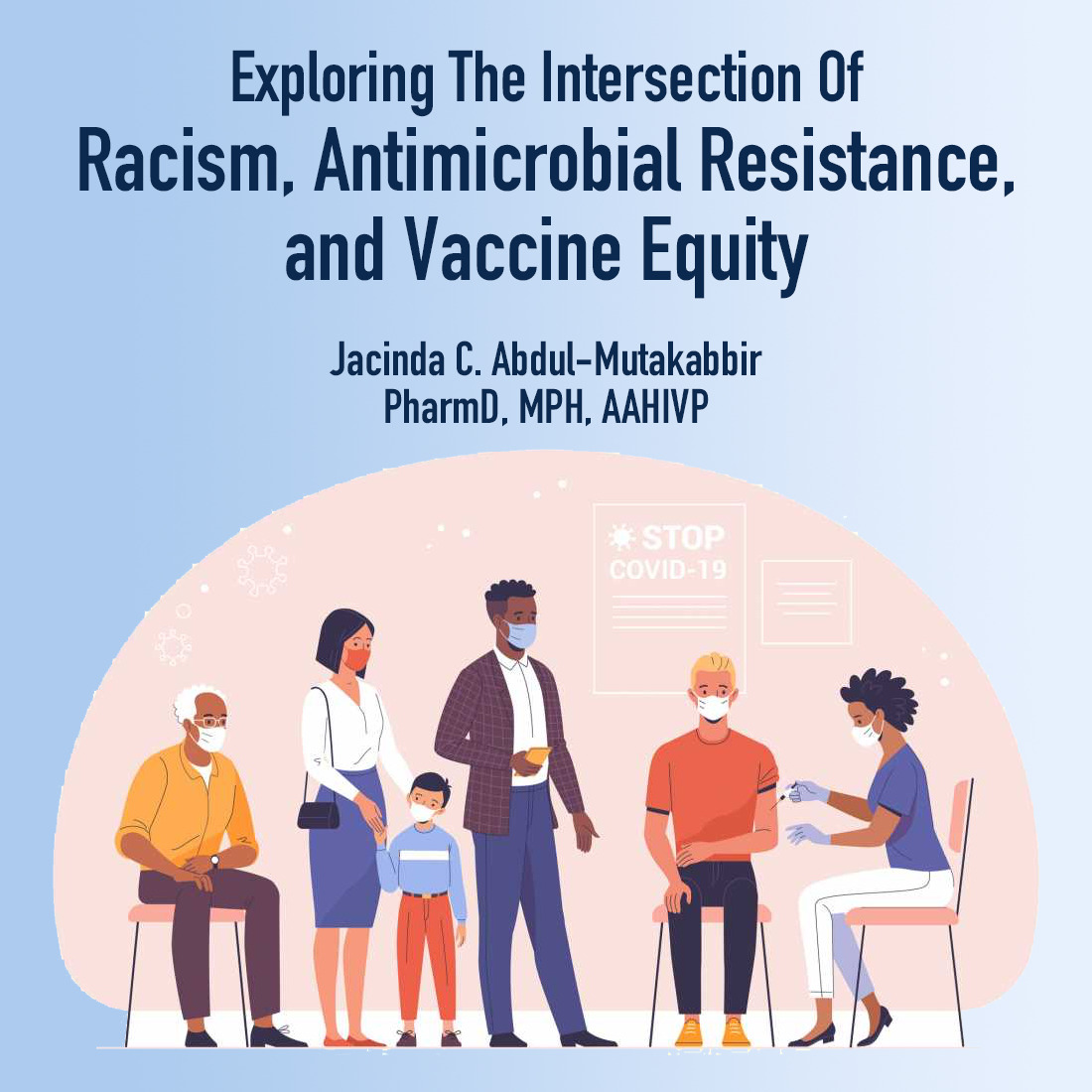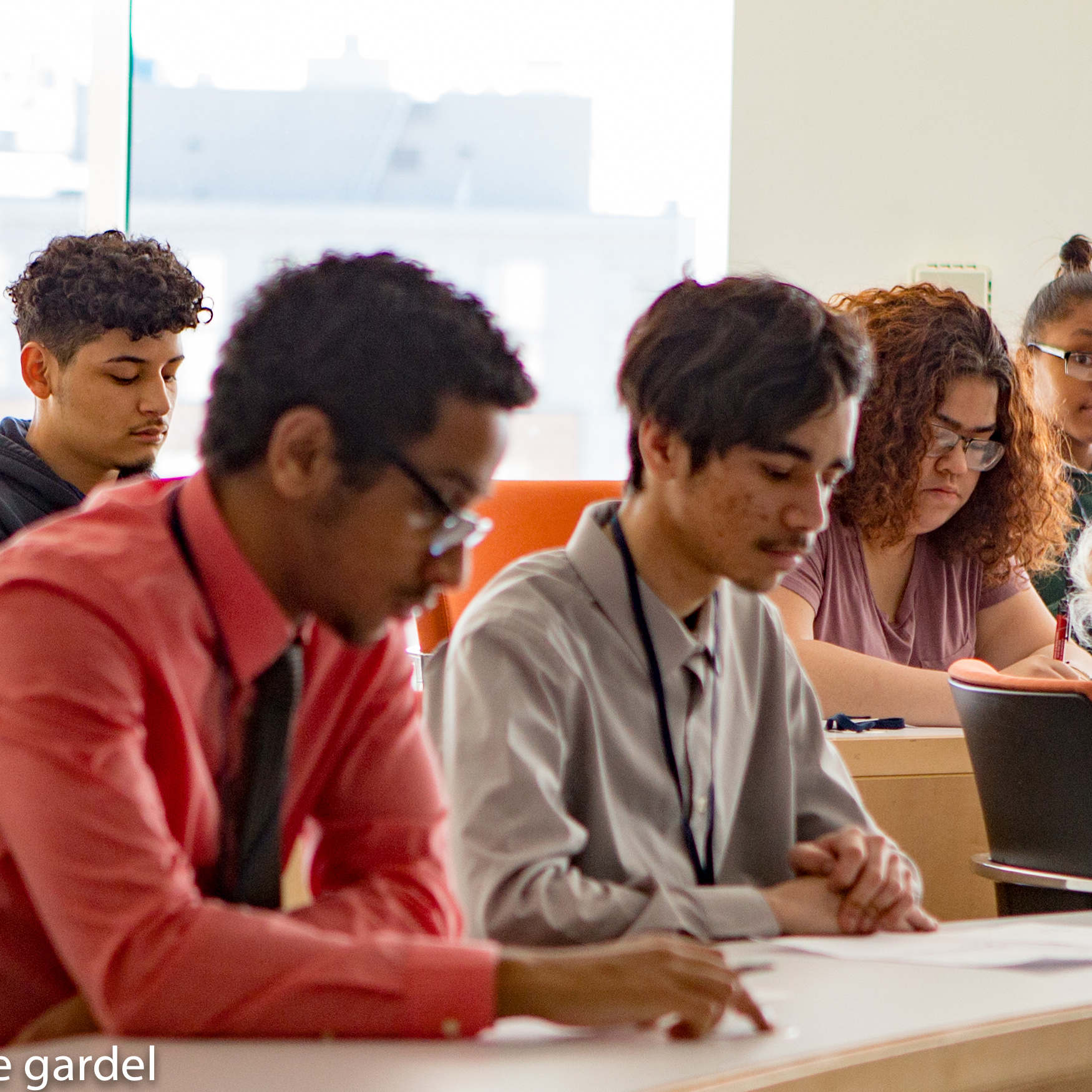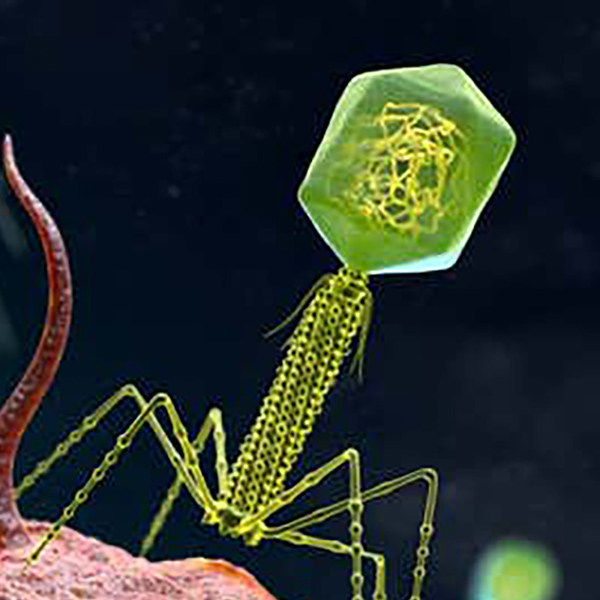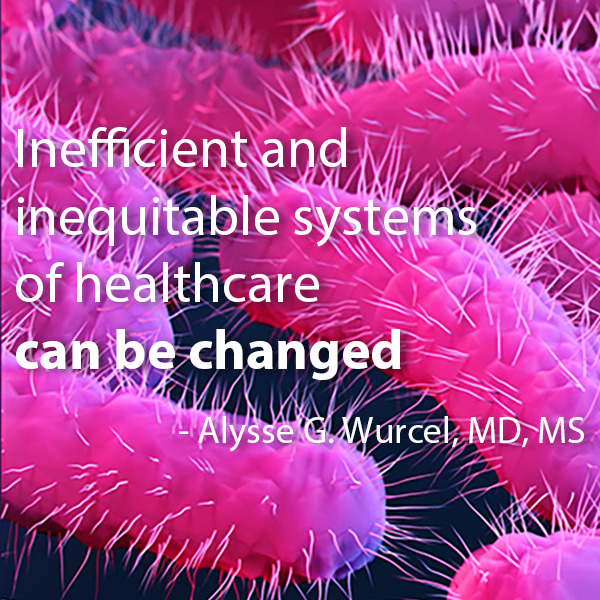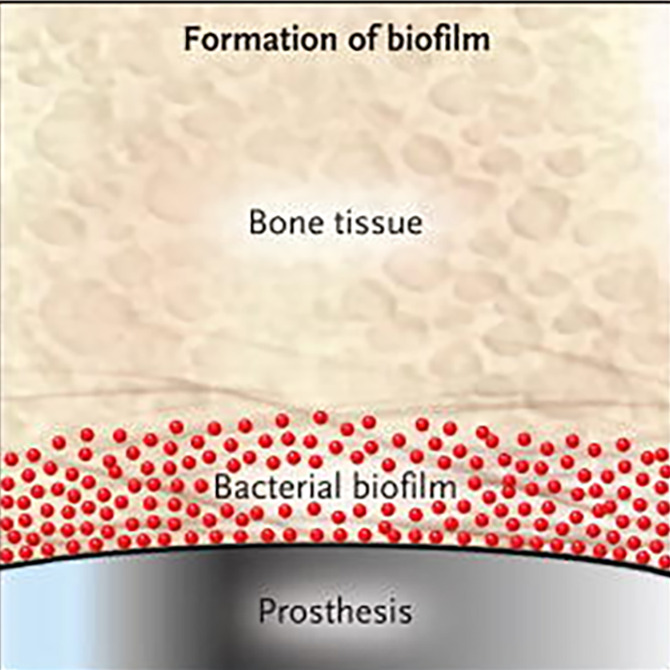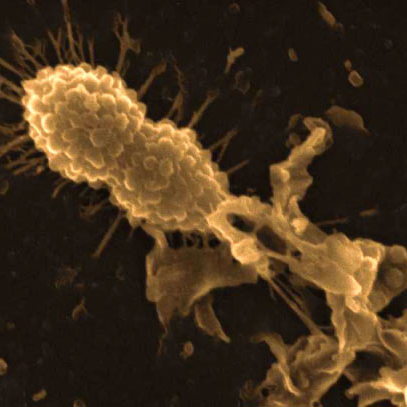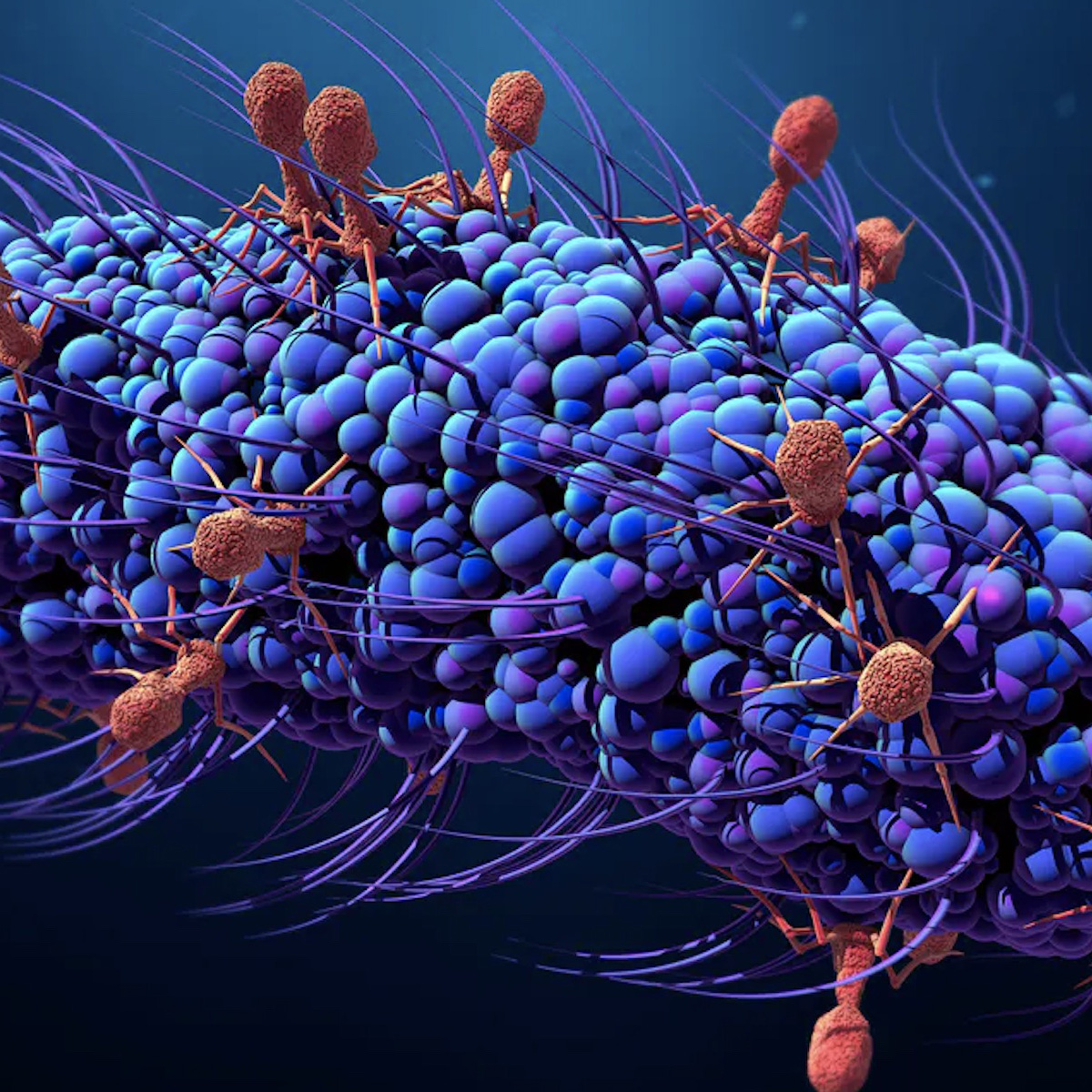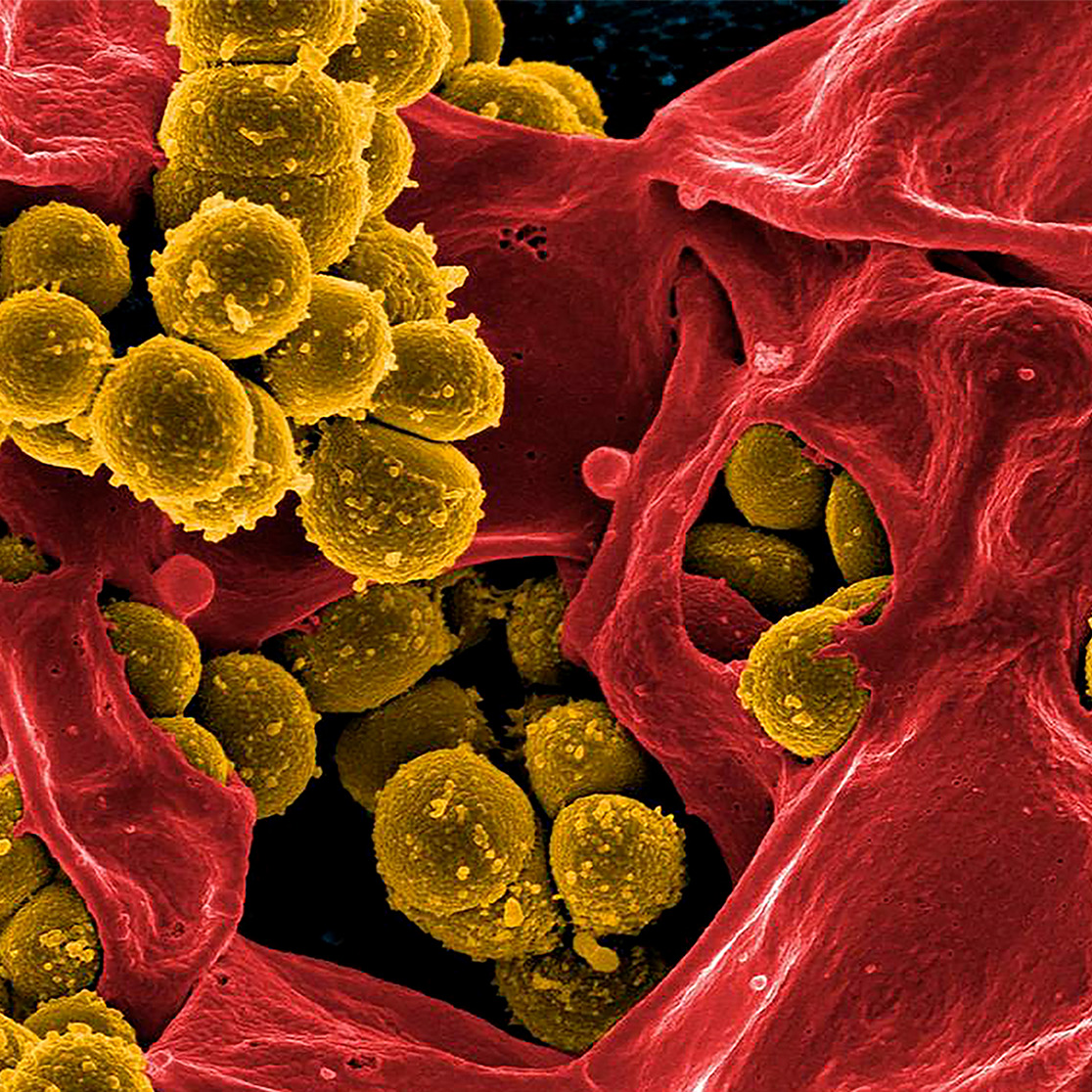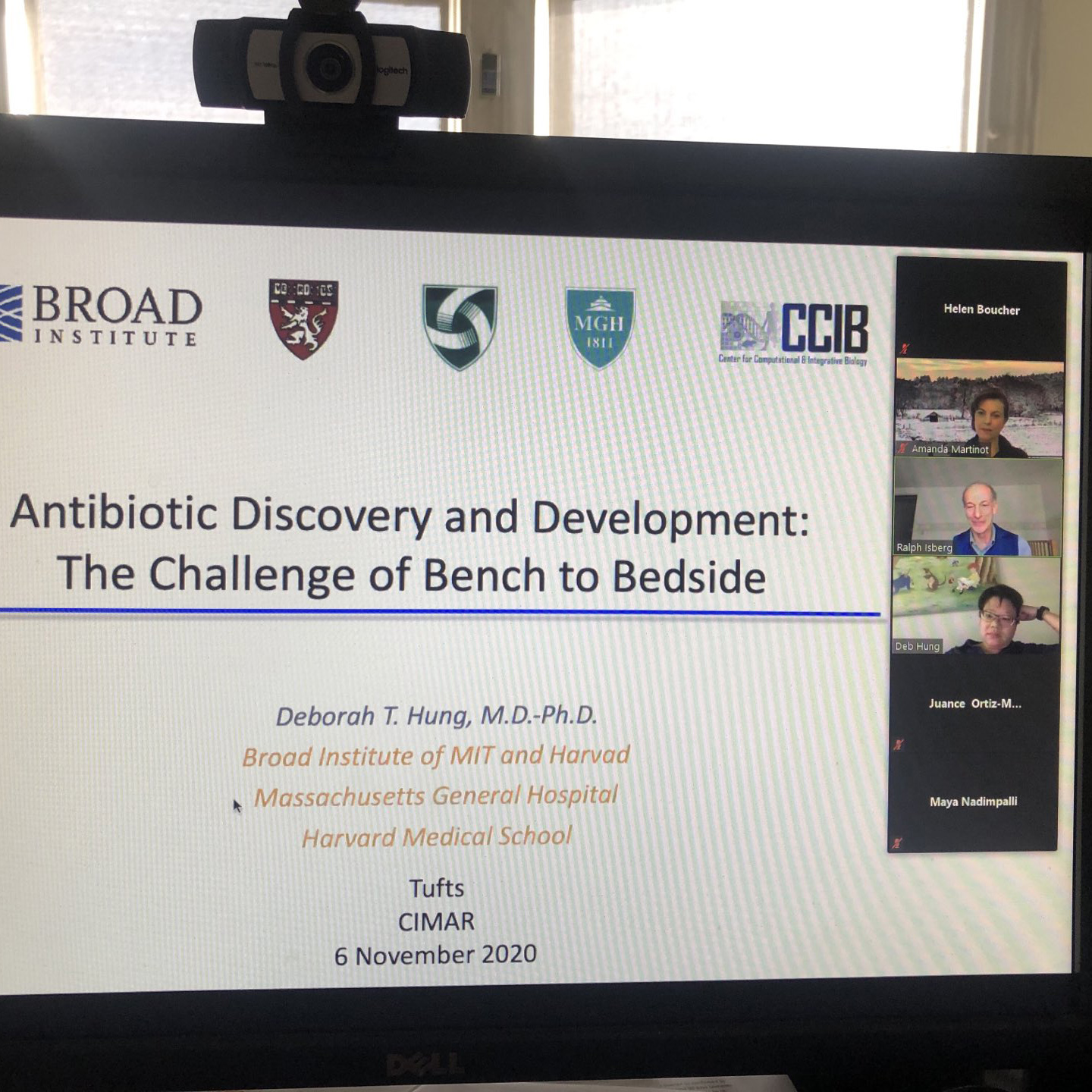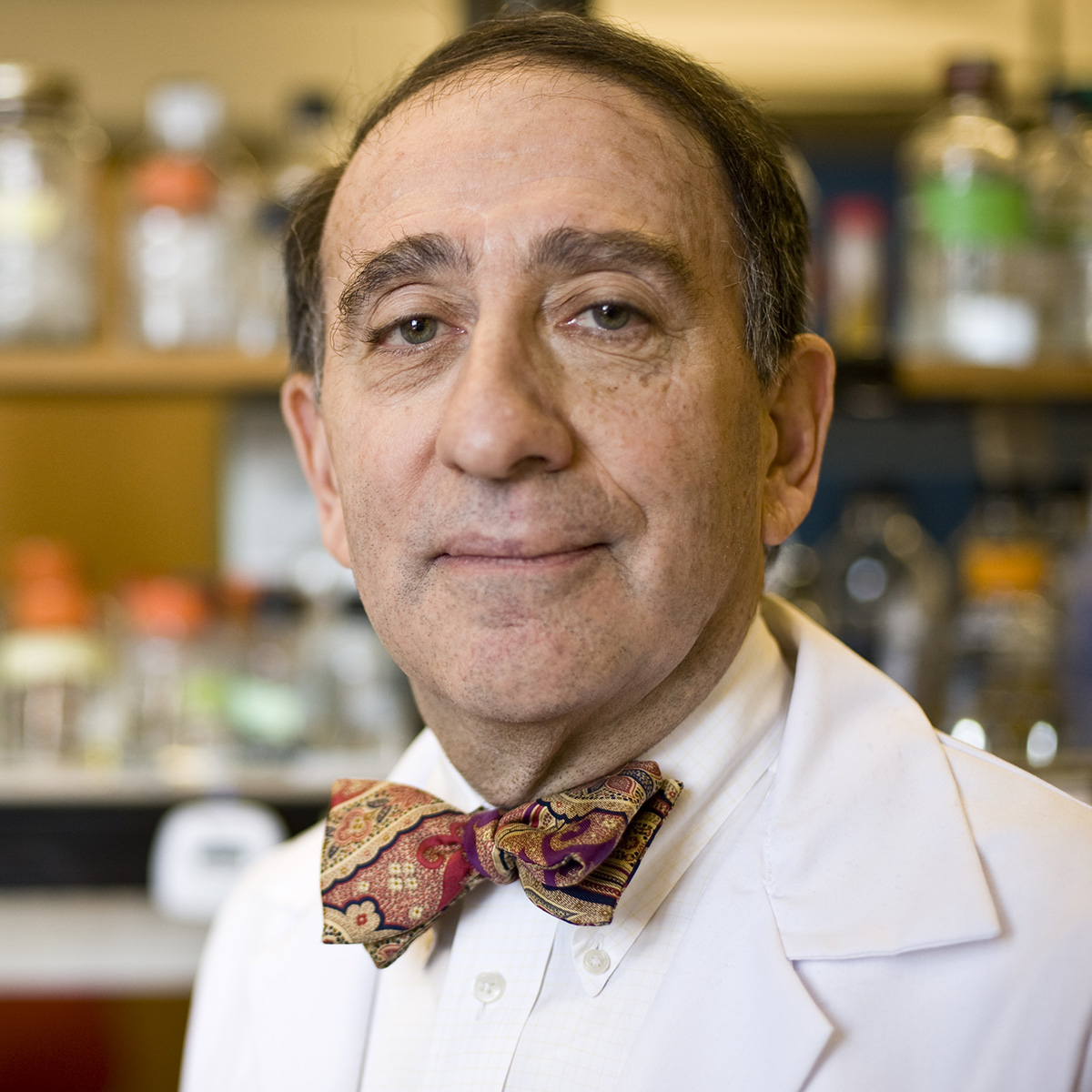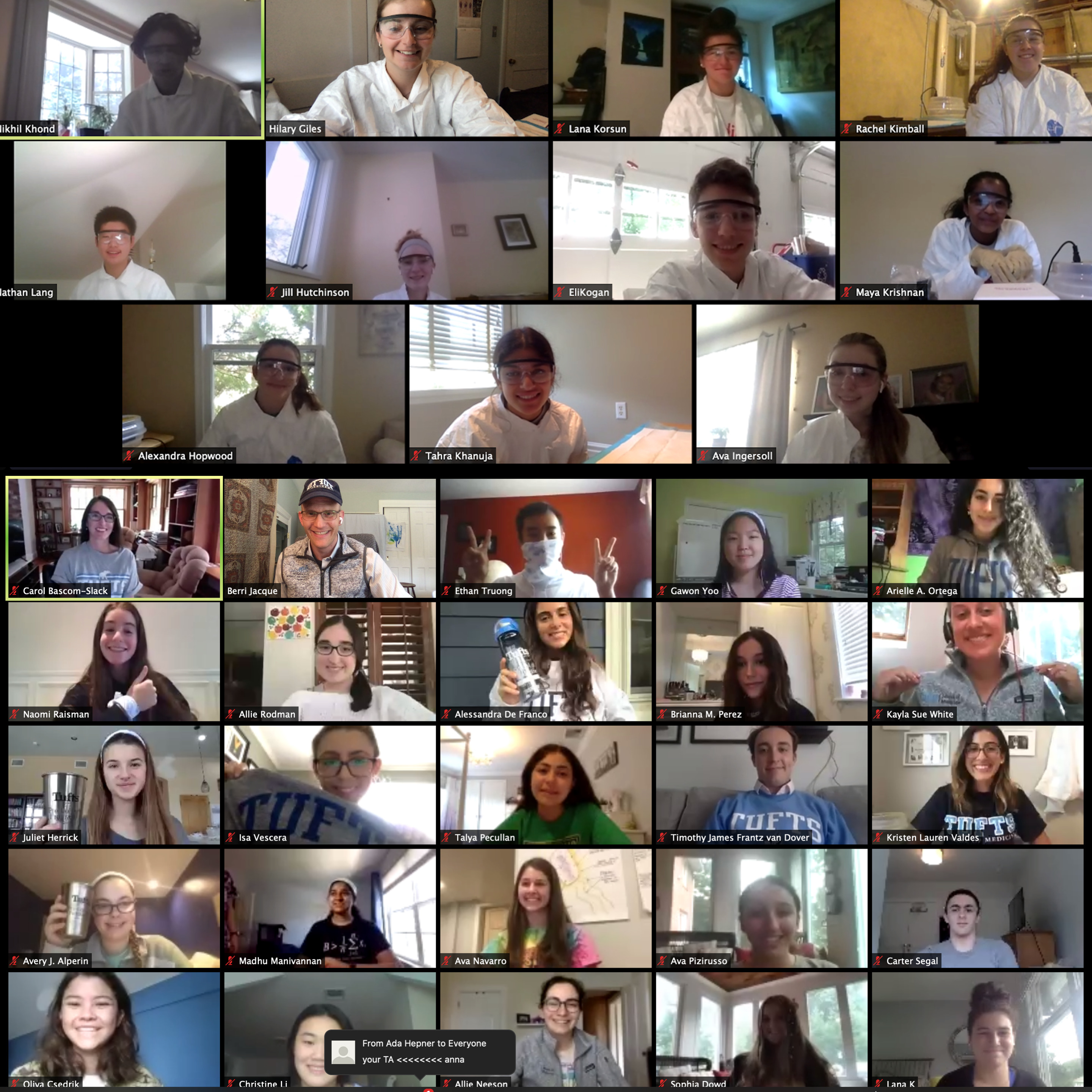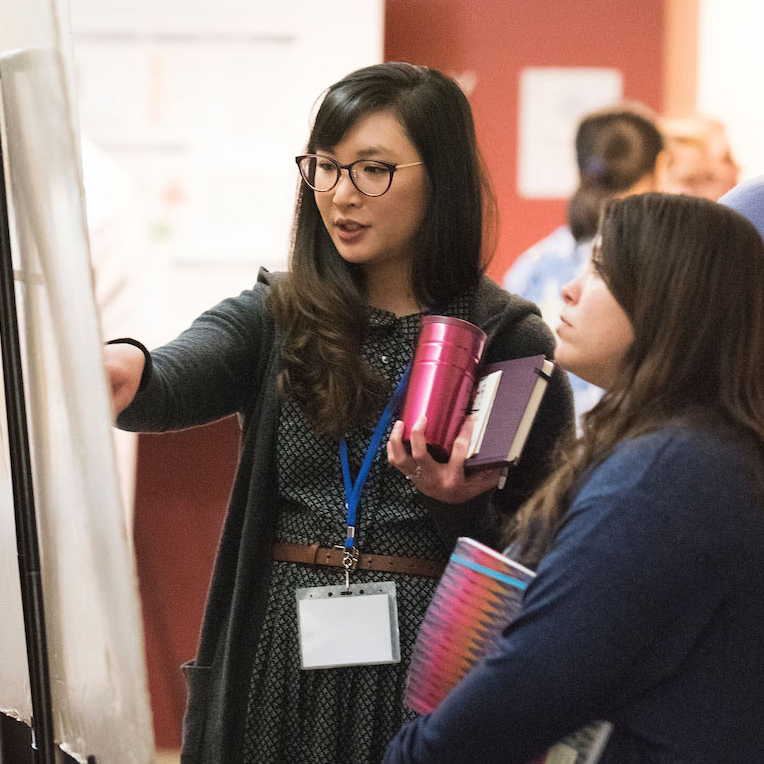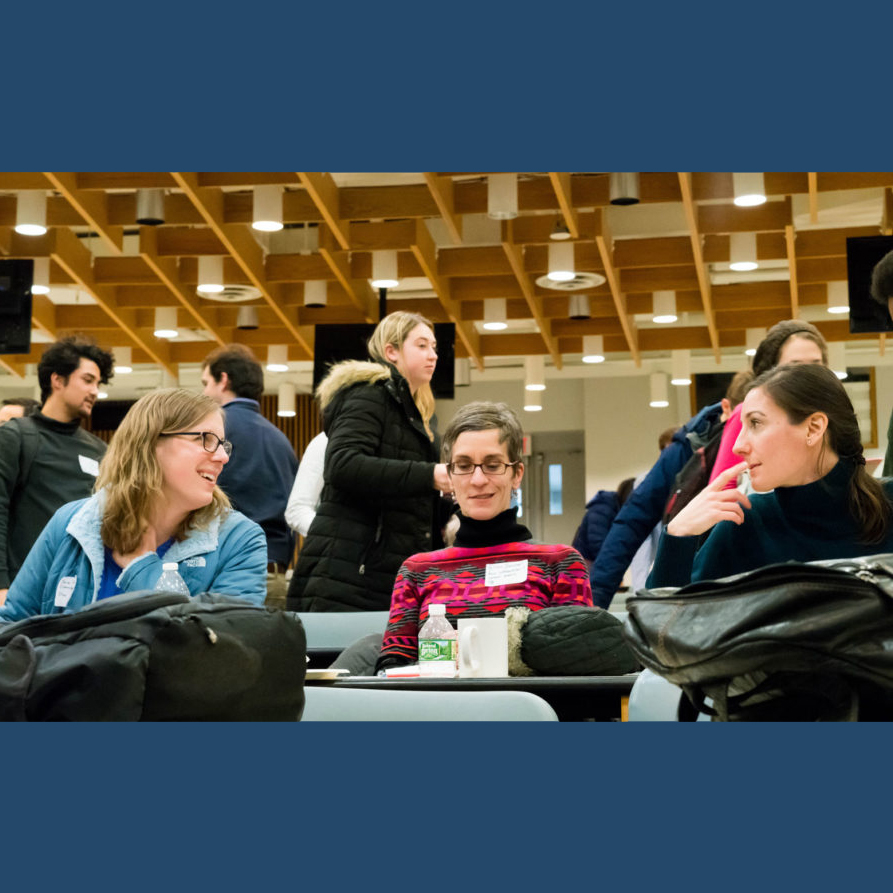You are currently viewing a list of Levy CIMAR events that have already taken place. You can find our upcoming events by clicking here. If you’d like to read articles about some of our past events, please scroll down or click here.
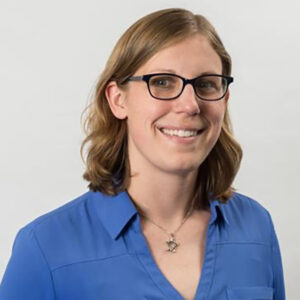 Please join us for the first Levy CIMAR Science Seminar of 2023! We will hear from our own Claire Fellman, DVM, PhD, an Assistant Professor in the Department of Clinical Sciences at the Tufts Cummings School of Veterinary Medicine on a “One Health Approach to Antimicrobial Stewardship in Companion Animals.”
Please join us for the first Levy CIMAR Science Seminar of 2023! We will hear from our own Claire Fellman, DVM, PhD, an Assistant Professor in the Department of Clinical Sciences at the Tufts Cummings School of Veterinary Medicine on a “One Health Approach to Antimicrobial Stewardship in Companion Animals.”
A practicing small-animal internist and clinical pharmacologist, Dr. Fellman will discuss the opportunities and challenges identified during interprofessional efforts to bring successful human antimicrobial stewardship strategies to veterinary settings. Dr. Fellman’s research interests include the effects of veterinary antimicrobial use on household sharing of resistant bacteria and developing metrics and benchmarks for veterinary antimicrobial use.
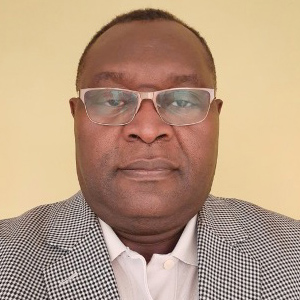
Please join us on Thursday, December 15th, our final Levy CIMAR Science Lunch of 2022! Diafuka Saila-Ngita, DVM, MSc., Ph.D., will join us to discuss “The challenge of Antibiotics Stewardship in Low Income Countries: The Case of the Democratic Republic of Congo.”
Dr. Saila-Ngita is a Research Associate Professor of Global Health at the Tufts Cummings School of Veterinary Medicine and an expert on resource economics with a focus on health. His research interests include antimicrobial stewardship and policy, disease surveillance systems, and disease spillover from animals and wildlife to humans. He has more than three decades of international experience particularly in Africa spanning human, animal, and wildlife sectors, and he has worked in government, academia, NGOs, and the private sector. Dr. Saila-Ngita is also Co-Lead for surveillance, modeling, and mapping on the USAID STOP Spillover project.
Learn more about Dr. Saila-Ngita’s work here. You can also find his publications here.
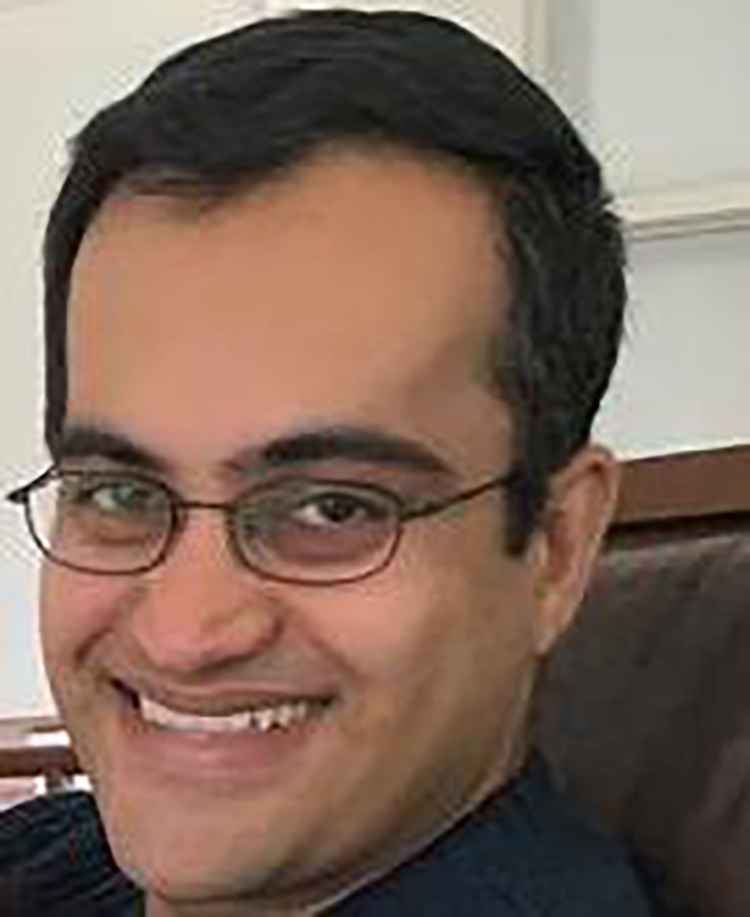 Please join us on Thursday, November 17, at noon for a Levy CIMAR Science Seminar from Tufts Medical Center’s Husain Poonawala, MBBS, MPH, attending physician in the Division of Geographic Medicine and Infectious Diseases and Assistant Director of Clinical Microbiology in the Department of Pathology and Laboratory Medicine. Dr. Poonawala’s research focuses on tuberculosis and non-tuberculous mycobacteria, and he is interested in studying how next-generation sequencing and novel diagnostic methods can be integrated into clinical care and public health interventions that can be used to improve outcomes from these infections.
Please join us on Thursday, November 17, at noon for a Levy CIMAR Science Seminar from Tufts Medical Center’s Husain Poonawala, MBBS, MPH, attending physician in the Division of Geographic Medicine and Infectious Diseases and Assistant Director of Clinical Microbiology in the Department of Pathology and Laboratory Medicine. Dr. Poonawala’s research focuses on tuberculosis and non-tuberculous mycobacteria, and he is interested in studying how next-generation sequencing and novel diagnostic methods can be integrated into clinical care and public health interventions that can be used to improve outcomes from these infections.
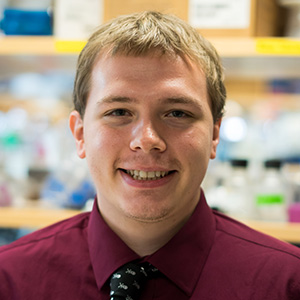 Please join us for this month’s Levy CIMAR Science Seminar, presented by Trever Smith, PhD, a Research Assistant Professor in the Molecular Biology and Microbiology department at Tufts. In his research, Dr. Smith uses a combination of fluorescence microscopy, omics style data, and computational biology to understand how drugs target and kill Mycobacterium tuberculosis (Mtb). Using antibacterials to inhibit specific cellular processes, he is currently investigating how perturbations to one or more pathways contribute to Mtb cell death.
Please join us for this month’s Levy CIMAR Science Seminar, presented by Trever Smith, PhD, a Research Assistant Professor in the Molecular Biology and Microbiology department at Tufts. In his research, Dr. Smith uses a combination of fluorescence microscopy, omics style data, and computational biology to understand how drugs target and kill Mycobacterium tuberculosis (Mtb). Using antibacterials to inhibit specific cellular processes, he is currently investigating how perturbations to one or more pathways contribute to Mtb cell death.
Dr. Smith’s talk title is to-come, however you can learn more about him and see a list of his publications here.
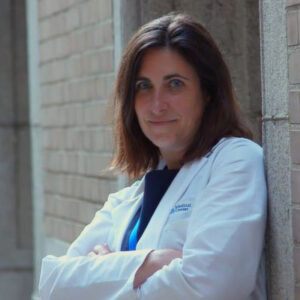 We are excited to announce that the Levy CIMAR’s own Alysse Wurcel, MD, MS, will present for our September 29th Science Seminar, our first talk of the ’22-’23 season. Dr. Wurcel is an Attending Physician in Geographic Medicine and Infectious Diseases at Tufts Medical Center whose research focuses on disparities and equity in healthcare. She is primarily interested in the prevention and treatment of infectious diseases in people who use drugs and people who are incarcerated. Her talk is titled, “Antimicrobial Stewardship in Jails and Prisons: When Will Then be Now?”
We are excited to announce that the Levy CIMAR’s own Alysse Wurcel, MD, MS, will present for our September 29th Science Seminar, our first talk of the ’22-’23 season. Dr. Wurcel is an Attending Physician in Geographic Medicine and Infectious Diseases at Tufts Medical Center whose research focuses on disparities and equity in healthcare. She is primarily interested in the prevention and treatment of infectious diseases in people who use drugs and people who are incarcerated. Her talk is titled, “Antimicrobial Stewardship in Jails and Prisons: When Will Then be Now?”
Dr. Wurcel has written on many topics including racial disparities in the prescribing of antibiotics. Looking at inpatient data for one study, she and collaborators found that Black inpatients were less likely to receive cefazolin and more likely to receive clindamycin compared with White inpatients. Cefazolin is one of the first-line skin and soft tissue infection treatments. Clindamycin is not recommended given frequent dosing and high potential for adverse effects including Clostridioides difficile infection. (Source)
You can learn more about Dr. Wurcel here.
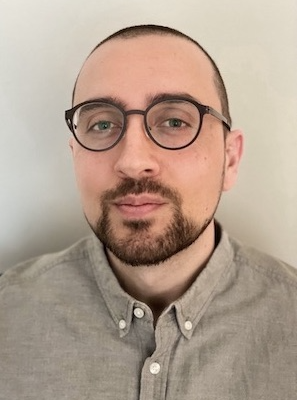 We are excited to announce that Harvard Medical School’s Christoph M. Ernst, PhD, will present for our May 26th Levy CIMAR Science Lunch. Dr. Ernst is a postdoctoral research fellow in bacterial pathogenesis, genomics, epidemiology and chemical biology in the laboratory of Professor Deborah T. Hung, MD, PhD. His talk is titled, “Adaptive evolution of virulence and persistence in carbapenem-resistant Klebsiella pneumoniaeinfections.”
We are excited to announce that Harvard Medical School’s Christoph M. Ernst, PhD, will present for our May 26th Levy CIMAR Science Lunch. Dr. Ernst is a postdoctoral research fellow in bacterial pathogenesis, genomics, epidemiology and chemical biology in the laboratory of Professor Deborah T. Hung, MD, PhD. His talk is titled, “Adaptive evolution of virulence and persistence in carbapenem-resistant Klebsiella pneumoniaeinfections.”
Dr. Ernst studies the impact of adaptive mutations that are selected in bacterial infections to identify clinically relevant mechanisms of antibiotic treatment failure and bacterial pathogenesis and develop new antimicrobial strategies. His work has revealed global adaptive evolution of virulence and persistence in carbapenem-resistant Klebsiella pneumoniae infections and an intrinsic ability of K. pneumoniae to persist in an antibiotic-tolerant state in bladder epithelial cells. He has recently targeted intracellular K. pneumoniae in a chemical screen that led to the discovery of a host-targeting compound that induces broad spectrum intracellular antimicrobial activity and displays efficacy in mouse models of urinary tract infection. In his prior work, Dr. Ernst’s studies on the adaptive evolution of daptomycin resistance in Staphylococcus aureus infections led to the discovery of a major family of bacterial phospholipid flippases and to the development of flippase inhibiting monoclonal antibodies that sensitize S. aureus to host defenses. You can learn more about his work and publications here.
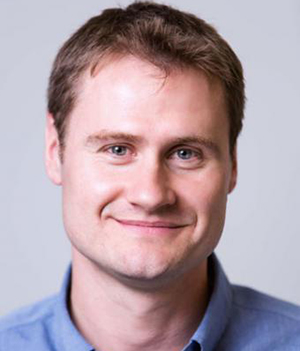 Please join us for this month’s Levy CIMAR Science Lunch, presented by Brown University’s Peter Belenky, PhD, an Assistant Professor of Molecular Microbiology and Immunology whose work focuses on the responses of microbial communities and isolated microbes to external stress such as antimicrobial agents. Dr. Belenky’s talk is titled, “Host and Microbial Metabolism as Determinants of Antibiotic-induced Disruption in the Microbiome.”
Please join us for this month’s Levy CIMAR Science Lunch, presented by Brown University’s Peter Belenky, PhD, an Assistant Professor of Molecular Microbiology and Immunology whose work focuses on the responses of microbial communities and isolated microbes to external stress such as antimicrobial agents. Dr. Belenky’s talk is titled, “Host and Microbial Metabolism as Determinants of Antibiotic-induced Disruption in the Microbiome.”
The Belenky Lab’s research is particularly pressing because unlike at any other time in human history, we are currently exposed to a wide array of natural and artificial antimicrobial agents in the form of antibiotics, chemical disinfectants, chemotherapeutic agents and other stressors. Understanding how these extracellular stressors affect our microbiome will provide critical biological insight into the development of dysbiosis, disease, and antibiotic resistance. Relying on recent advances in high-throughput DNA and RNA sequencing the lab looks at the effects of antimicrobial agents on these highly complex microbial communities to identify microbial mechanisms that lead to improved antimicrobial tolerance and the development of resistance. Learn more about the Belenky Lab’s work here.
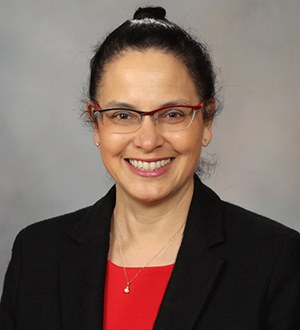 The Levy CIMAR proudly welcomes the Mayo Clinic’s Robin Patel, MD, to present for our March ’22 monthly Science Lunch. Among her many titles at Mayo, Dr. Patel is an Elizabeth P. and Robert E. Allen Professor of Individualized Medicine, a Professor of Microbiology, and the Director of the Infectious Diseases Research Laboratory. In the research laboratory, she and her colleagues focus on biofilms, which cause a large number of infections in modern clinical practice, such as prosthetic joint infection and endocarditis.
The Levy CIMAR proudly welcomes the Mayo Clinic’s Robin Patel, MD, to present for our March ’22 monthly Science Lunch. Among her many titles at Mayo, Dr. Patel is an Elizabeth P. and Robert E. Allen Professor of Individualized Medicine, a Professor of Microbiology, and the Director of the Infectious Diseases Research Laboratory. In the research laboratory, she and her colleagues focus on biofilms, which cause a large number of infections in modern clinical practice, such as prosthetic joint infection and endocarditis.
Dr. Patel and her team are unraveling the process of biofilm formation and resistance of biofilms to antibiotics. They are developing new and improved diagnostic tools and treatment strategies for biofilm-associated infections. Her group uses in vitro studies as well as animal models of infection for their studies.
Dr. Patel is also co-Director of the Bacteriology Laboratory. There, she and her colleagues aim to offer state-of-the-art assays for clinical detection of bacteria, identification of bacteria, and characterization of antimicrobial resistance and susceptibility. In the laboratory itself, they develop many of the bacteriology assays offered for patient care at the Mayo Clinic, providing the most technologically and clinically relevant diagnostics possible.
 Please join us for a Levy CIMAR Science Lunch talk from our own Benjamin Wolfe, PhD, an Associate Professor of Biology at the Tufts University School of Arts and Sciences, and Co-Director of Science, Technology and Society at Tufts.
Please join us for a Levy CIMAR Science Lunch talk from our own Benjamin Wolfe, PhD, an Associate Professor of Biology at the Tufts University School of Arts and Sciences, and Co-Director of Science, Technology and Society at Tufts.
Dr. Wolfe’s lab has been using metagenomic sequencing to identify antibiotic resistance reservoirs in food systems, and they have also been working to identify how microbial interactions could drive the evolution of antibiotic resistance. More broadly, their research links ecological and evolutionary patterns in microbial communities with the molecular mechanisms that generate these patterns. Using tractable microbial communities from isolated from food systems, Dr. Wolfe and Team have two broad research goals: identify the molecular mechanisms that control the assembly and function of microbial communities determine how microbial species evolve within multi-species communities. Their work will help develop principles of microbial community assembly that can guide the design and manipulation of microbial communities in agriculture, industry, medicine, and nature.
Dr. Wolfe plans to present his work on metagenomic sequencing to identify antibiotic resistance genes in a range of fermented foods (from kimchi to cheese).
 We are excited to introduce our newest affiliate member, Lund University’s Anders P. Håkansson, PhD, who will present on January 27th for our first Levy CIMAR Science Lunch of 2022! His talk is titled, “How HAMLET, a Human Milk Protein, Kills Bacteria and Reverses Antibiotic Resistance.”
We are excited to introduce our newest affiliate member, Lund University’s Anders P. Håkansson, PhD, who will present on January 27th for our first Levy CIMAR Science Lunch of 2022! His talk is titled, “How HAMLET, a Human Milk Protein, Kills Bacteria and Reverses Antibiotic Resistance.”
Dr. Håkansson is a Professor of Infection Medicine at Lund University in Malmo, Sweden. His laboratory focuses on understanding host-pathogen interactions, with emphasis on respiratory pathogens, using this knowledge to develop novel preventive and therapeutic strategies to protect against bacterial infection. The team’s work focuses on both the factors used by bacteria to establish colonization and cause disease and how this is counteracted by the host inflammatory response to colonization and infection. They are working on several major research projects, including the study of the direct bactericidal activity of a human milk protein-lipid complex against various bacterial species as well as its adjuvant activity in sensitizing bacteria to a broad range of common antibiotics to provide novel therapeutic strategies against respiratory and other infections with antibiotic-resistant bacteria.
Articles on Our Past Events:
-
Exploring The Intersection Of Racism, Antimicrobial Resistance, And Vaccine Equity — UC San Diego’s Jacinda C. Abdul-Mutakabbir PharmD, MPH, AAHIVP
Dr. Jacinda Abdul-Mutakabbir explores the intersection of antibiotic resistance and health/vaccine equity, with a specific focus on racial differences observed across racially and ethnically minoritized groups.
-
Diagnostic Stewardship as a Tool for Antimicrobial Stewardship – Tufts Medical Center’s Shira Doron, MD
Levy CIMAR's own Shira Doron, MD, presented for this month's Science Seminar on the topic of “Diagnostic Stewardship as a Tool for Antimicrobial Stewardship.” Dr. Doron is a widely recognized expert in the fields of antimicrobial and diagnostic stewardship, and among her many titles, is Chief Infection Control Officer for Tufts Medicine. There, she Infection Control and Antimicrobial Stewardship.
-
Discovery and Development of Novel Antimalarials and Their Use as Chemical Tools to Discover New Biology of the Malaria Parasite – WEHI’s Professor Alan F. Cowman
Prof. Alan F. Cowman heads a laboratory at WEHI where he and his team aim to advance the understanding of how malaria-causing parasites invade human cells. The seminar, "Discovery and Development of Novel Antimalarials and Their Use as Chemical Tools to Discover New Biology of the Malaria Parasite," was jointly sponsored by the Levy CIMAR, the TUSM Global Health Faculty
-
Transcriptional Profiling for Infectious Disease Diagnostics and Discovery – Massachusetts General Hospital’s Roby Bhattacharyya, MD, PhD
Roby Bhattacharyya, MD, PhD, maintains a lab at the Broad where he and his team pursue basic and translational research on pathogenic microbes, with a particular focus on antimicrobial resistance and transcriptional responses to antibiotic exposure, and on characterizing their impact on infected patients, including the immune responses elicited upon systemic infection such as sepsis or COVID-19. For today's seminar,
-
Superbugs From Their Backyards and Beyond: Brockton High Schoolers Present “Tiny Earth” Findings to Levy CIMAR; Tufts Community
CIMAR hosted 33 students from Boston-area Brockton High School last week for a rare educational and networking opportunity. Students presented posters depicting original experiments and data on antimicrobial resistance to a wide audience of Tufts University and Tufts Medical Center members.
-
Engineering Phages as Novel Antimicrobials Targeting Gram-Negative Pathogens – Massachusetts General Hospital’s Bryan Lenneman, Ph.D.
MGH Research Fellow Bryan Lenneman, PhD, is interested in utilizing synthetic biology to develop novel therapeutics against diseases associated with dysbiosis of the human gut microbial community.
-
Metabolic Modeling Predicts Unique Drug Targets in Lyme Disease Pathogen B. burgdorferi – TUSM’s Peter Gwynne, PhD
Lyme disease expert Peter Gwynne, PhD, presented on “Metabolic Modeling Predicts Unique Drug Targets in the Lyme Disease Pathogen Borrelia burgdorferi” for the Levy CIMAR's February 2023 Science Seminar. Dr. Gwynne is interested in Borrelia burgdorferi, which causes Lyme disease, and the molecular mechanisms the bacterium uses to transition between different hosts such as ticks, mice, and humans. His research
-
One Health Approach to Antimicrobial Stewardship in Companion Animals – Tufts Vet School’s Claire Fellman, D.V.M., Ph.D., DACVIM (SA), DACVCP
Tufts University Cummings School of Veterinary Medicine’s Claire Fellman, D.V.M., Ph.D., DACVIM (SA), DACVCP is interested in One Health approaches to antimicrobial stewardship in veterinary medicine.
-
The Challenge of Antibiotics Stewardship in Low Income Countries: The Case of the Democratic Republic of Congo – Tufts Vet’s Diafuka Saila-Ngita, DVM, MSc, PhD
Tufts University Cummings School of Veterinary Medicine’s Diafuka Saila-Ngita, DVM, MSc, PhD, is interested in addressing the challenges of antimicrobial stewardship in low-income nations such as the Democratic Republic of Congo.
-
Developing a Mycobacterial Research Agenda – Tufts Medical Center’s Husain Poonawala, MBBS, MPH
Tufts Medical Center’s Husain Poonawala, MBBS, MPH, is interested in tuberculosis and non-tuberculous mycobacteria, how next-generation sequencing and novel diagnostic methods can be integrated into clinical care.
-
Antimicrobial Stewardship in Jails and Prisons: When Will Then be Now? – Tufts Medical Center’s Alysse Wurcel, MD, MS
Infections of all kinds—tuberculosis, dental infections, HIV, sexually transmitted infections, COVID-19, and more—are common in jails and prisons, making these facilities places where antibiotics are frequently prescribed. Unfortunately, sometimes antibiotics are prescribed even though they are not clinically indicated, the wrong antibiotics are prescribed, or antibiotics are prescribed for too long. The Levy CIMAR's Alysse G. Wurcel, MD, MS, presented
-
Microbial Theranostics: A Resistance Combating Strategy – Mayo Clinic’s Robin Patel, MD
In the research laboratory, Dr. Patel and her colleagues focus on biofilms, which cause a large number of infections in modern clinical practice, such as prosthetic joint infection and endocarditis. She and her team are unraveling the process of biofilm formation and resistance of biofilms to antibiotics. They are developing new and improved diagnostic tools and treatment strategies for biofilm-associated
-
How HAMLET, a Human Milk Protein, Kills Bacteria and Reverses Antibiotic Resistance – Lund University’s Anders P. Håkansson, PhD
Did you know that a human breast milk protein complex called HAMLET can help reverse the antibiotic resistance of bacterial species, including penicillin-resistant Streptococcus pneumoniae and methicillin-resistant Staphylococcus aureus? Lund University’s Anders P. Håkansson, PhD, presented on his work with HAMLET today for our first Levy CIMAR Science Lunch of 2022. His talk was titled, “How HAMLET, a Human Milk
-
Phage Prophylaxis of Cholera – Tufts University’s Andrew Camilli, PhD
Bacteriophages are viruses that specifically target and kill bacteria, preventing bacterial infections, and Dr. Andrew Camilli and his lab study the bacteriophages that kill V. cholerae. Dr. Camilli is also co-founder and scientific advisor to PhagePro, Inc., a Boston-based startup aiming to use bacteriophages to prevent bacterial infections. With the unmitigated rise of antibiotic resistance and the known negative consequences of
-
From Detection to Predicting Infectious Disease and Antibiotic Resistance Outcomes: Employing Experimental Evolution, Omics-Stress Mapping and Computational Biology to Determine and Predict What Matters in Antibiotic Resistance
Tim van Opijnen, PhD, an Associate Professor of Biology at Boston College and an Affiliate member of the Levy CIMAR, presented for our May 2021 Levy CIMAR Science Lunch on his group's work on antimicrobial resistance. His talk was titled, "From Detection to Predicting Infectious Disease and Antibiotic Resistance Outcomes: Employing Experimental Evolution, Omics-Stress Mapping and Computational Biology to Determine
-
Monoclonal Ab treatment for SARS CoV2 infection
Veterinary pathologist Amanda J. Martinot (DVM, MPH, PhD) of the Tufts University Cummings School of Veterinary Medicine presented for our Monthly Science Meeting on Thursday, January 28, on two articles of interest in the COVID-19 pandemic: The first on the pre-clinical results for the Regeneron monoclonal Ab for SARS CoV-2 in hamsters and monkeys (Science), with additional discussion of the
-
Trials and Tribulations of Antimicrobial Drug Development: Assessing the Economic and Political Landscape
As an internationally recognized expert on drug development science and policy, the Levy CIMAR's Dr. Kenneth I. Kaitin writes and speaks regularly on factors that contribute to the slow pace and high cost of pharmaceutical R&D and efforts to improve the development process. He has provided public testimony before the U.S. Congress on pharmaceutical development, regulation, and policy issues, and
-
Levy CIMAR Promotes One Health, Collaboration Through “Fighting AMR Together” Workshop
The Levy CIMAR hosted our second annual collaborative workshop titled “Fighting AMR Together” earlier this month, offering a platform for investigators and clinicians to showcase their research and promoting opportunities for partnership both within and outside of the Tufts network. The two-day workshop, held Nov. 5-6, 2020, began with welcoming remarks from Levy CIMAR Director Helen Boucher, MD, Senior Leadership
-
Dedication of the Stuart B. Levy CIMAR at Tufts
We at the Levy CIMAR are honored to be named for Dr. Stuart B. Levy, whose pioneering work in fighting antibiotic misuse and resistance was a key inspiration behind our Center. During his more than four decades at Tufts University and Tufts Medical Center, Dr. Levy led the paradigm shift in how we view antibiotic use and stewardship. In his
-
CIMAR Faculty Support Virtual ‘Mini’ Med School to Engage High Schoolers
Tufts Mini-Med School dovetails with CIMAR’s mission in that it is uniquely interdisciplinary in its One Health approach. The program draws on an array of schools beyond the School of Medicine dedicated to the health science and medicine at Tufts University, including: the School of Dental Medicine, the Cummings School of Veterinary Medicine, the Friedman School of Nutrition Science &
-
CIMAR Outreach Day Provides High Schoolers Rare Educational and Networking Opportunities
CIMAR hosted 33 students from Boston-area Brockton High School last week for a rare educational and networking opportunity. Students presented posters depicting original experiments and data on antimicrobial resistance to a wide audience of Tufts University and Tufts Medical Center members.
-
Breaking the Chain of Infection: Tufts@Kendall Event Connects Tufts Researchers and the Biomedical Industry
Tufts and MassBio held the first Tufts@Kendall event, bringing together CIMAR researchers and clinicians with more than 80 members of the biomedical community to discuss the latest advances in infectious disease and antimicrobial resistance at Tufts University.
-
Drug-Resistant Superbugs: CIMAR Symposium Examines the Intersection of People, Animals, Food, and the Environment, and Their Impact on Health
The event brought together over 175 clinicians and researchers from academia, medicine, and industry, all interested in fighting drug-resistant diseases via a “One Health” approach. One Health prioritizes the relationship among people, animals, the environment, and the foods we all consume as critical avenues by which drug-resistant bacteria spread from one to another
-
CIMAR Joins the Battle Against AMR with Collaborative and Brainstorming Workshop
The Tufts Center for Integrated Management of Antimicrobial Resistance (CIMAR) hosted its first event last month to introduce the Center to the local scientific community and to offer a platform for investigators and clinicians to showcase their research and promote collaborations.





